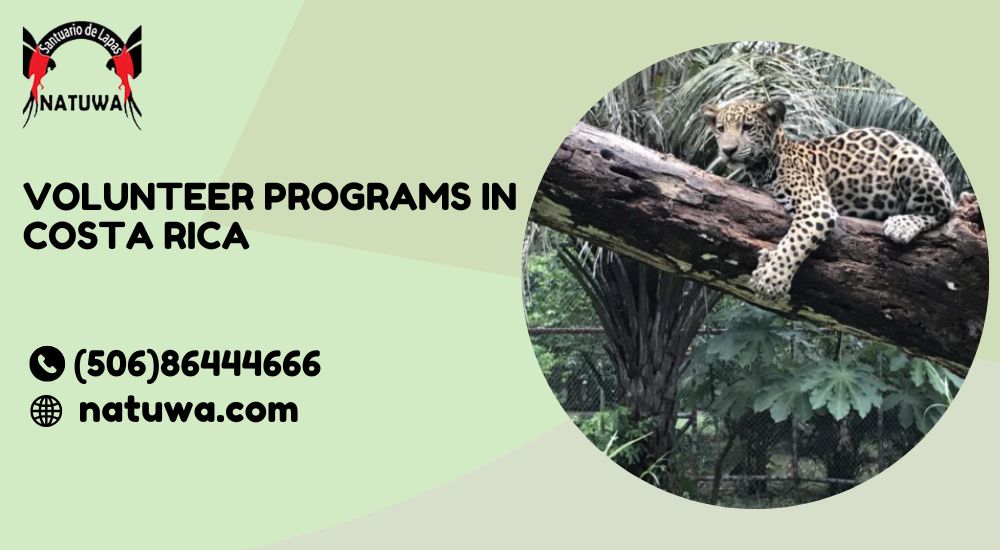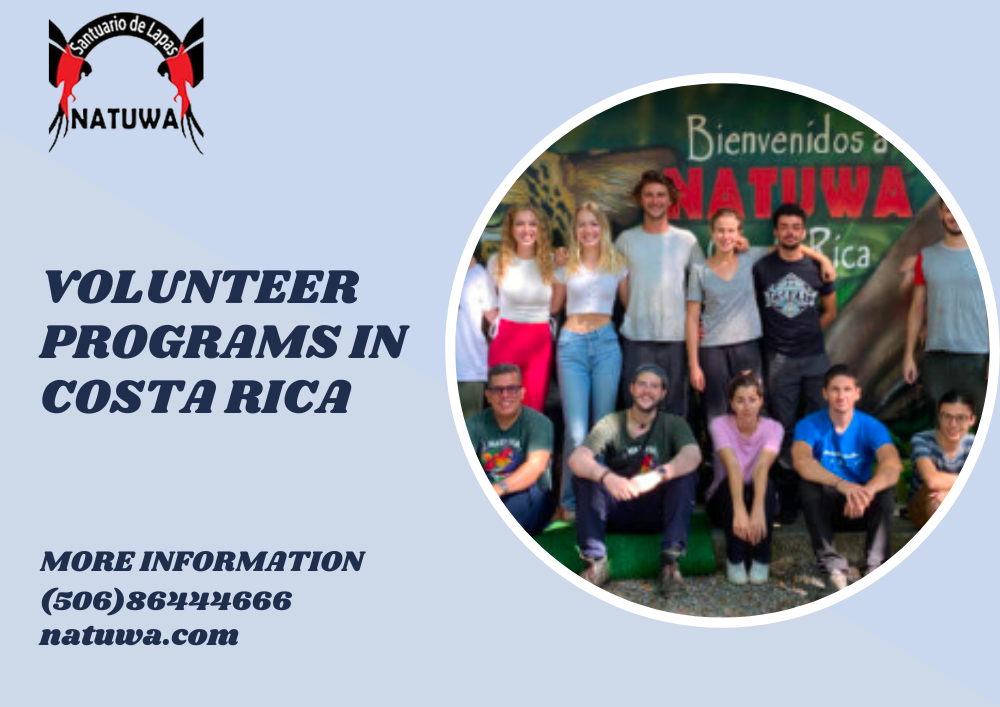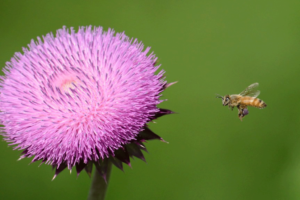Costa Rica is home to a wide variety of wildlife species, including jaguars, sloths, and howler monkeys. Unfortunately, many of these animals are endangered due to habitat loss, poaching, and other human-related activities. However, there is hope for these animals, thanks to the dedicated efforts of Volunteer Programs In Costa Rica.
These programs are making a difference by providing a haven for endangered animals, rehabilitating injured animals, and educating the public about the importance of conservation. In this article, we will explore how these programs are creating a brighter future for endangered species in Costa Rica and how you can get involved in making a difference.
How Wildlife Volunteer Programs & Conservation Efforts Are Making An Impact In Costa Rica?
Costa Rica is a country that is known for its rich biodiversity. However, many wildlife species are facing extinction due to habitat loss, poaching, and other human-related activities. To combat this, there are several programs for Wildlife Volunteer Costa Rica in the country that are working tirelessly to protect and conserve these endangered species.
Also, these programs are educating the public about the importance of conservation. Many visitors come to these programs to learn about the animals and the threats they face. By educating the public, these programs are raising awareness about the importance of conservation and the need to protect these endangered species.
Types Of Wildlife Volunteer Curricula In Costa Rica
There are several types of programs for Wildlife Volunteer Costa Rica, each with its unique focus and mission. Some of the most popular programs include:
1.Wildlife Rescue & Rehabilitation Programs:
These Volunteer Programs In Costa Rica focus on rescuing and rehabilitating injured or orphaned animals. Volunteers in these programs work closely with the animals, providing them with medical care, food, and a safe environment to recover. These programs are ideal for those who want to work hands-on with the animals and make a direct impact on their lives.
2.Conservation & Research Programs:
These programs focus on studying and conserving the wildlife in Costa Rica. Volunteers in these programs work closely with scientists and researchers to collect data, monitor the animals, and develop strategies to protect them. These programs are ideal for those who want to learn more about the animals and the ecosystem they live in.
3.Environmental Education Programs:
These programs focus on educating the public about the importance of conservation and the need to protect endangered species. Volunteers in these programs work with local communities, schools, and other organizations to raise awareness about these issues. These programs are ideal for those who want to make a difference by educating others.
What To Expect When Volunteering With Wildlife In Costa Rica?
•Physical Demands:
Working with animals can be physically demanding, and you may be required to lift heavy objects, walk long distances, and work in hot and humid conditions. It’s important to be in good physical shape before you go.
•Language Barrier:
Many of the programs in Costa Rica require volunteers to speak Spanish. If you don’t speak Spanish, it’s important to find a program that accommodates English speakers. Overall, volunteering with wildlife in Costa Rica can be an incredibly rewarding experience, but it is important to be prepared for the language barrier.
•Accommodations:
Volunteers in wildlife programs in Costa Rica typically stay in dormitory-style accommodations, with shared bathrooms and communal living spaces. It is important to be comfortable living in close quarters with others.
•Time Commitment:
Most programs require a minimum commitment of two weeks, although some programs may require longer. It is important to be prepared to commit to the program for the required amount of time.
For more details visit our website natuwa.com





















